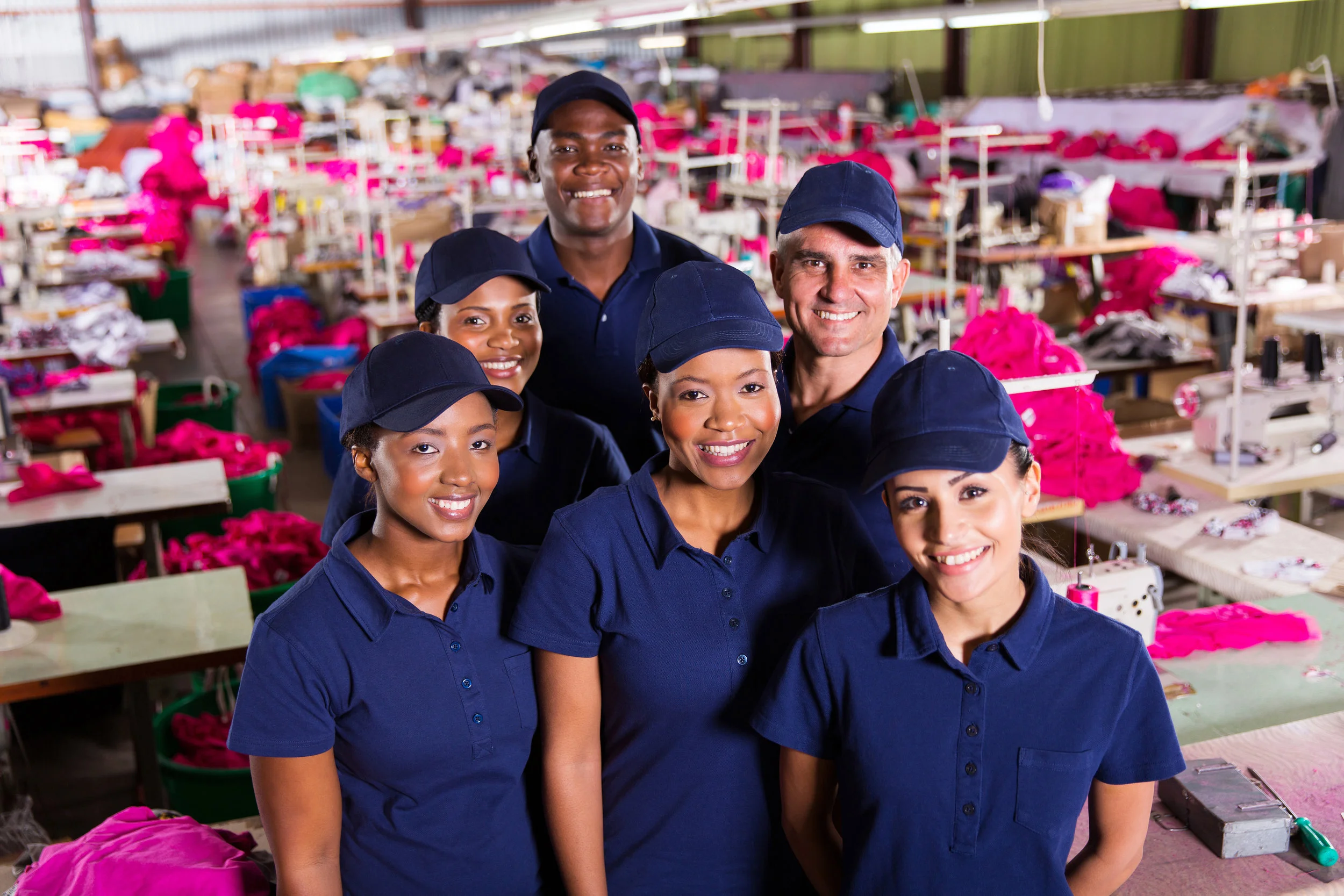It is vital with enforcement mechanisms to ensure that countries work towards a global living wage. One option is to establish tribunals on two levels – international and national. An international tribunal would allow parties representing workers to bring claims against states if they fail to enforce a living minimum wage. National tribunals on the other hand, would have the power to hear disputes between interested parties and corporations. It is suggested that the International Labour Organisation (ILO) would have an orchestrating role for both of the tribunals.
Read MoreCompetition to keep prices low and corporate profits high often results in exploitative labour practices, with the greatest burden on informal and precarious workers. These workers are generally a part of global supply chains, yet, what they earn is not enough to cover basic living costs. Despite efforts worldwide to reduce the number of working people in poverty, progress has stalled. A key reason is that current labour laws are powerless to help these workers as they were designed with a different workforce in mind. Labour laws are national in scope, while work today occurs in global supply chains in which both workers and capital cross borders. Labour laws regulate employment, whereas those pushing down wages often subcontract production. To close this gap between labour laws and today’s mode of production, we need a global living wage backed by an international labour law.
Read MoreThe case marks an extension of the application of the law of trafficking. "Usually, the conviction for "trafficking in human beings " is linked to procuring or domestic slavery. To my knowledge, this is the first time that the court recognizes in a context of collective work in a company that employees have been subjected to human trafficking" , said Maxime Cessieux, the lawyer of the CGT and employees.
Read MoreWhat can the Thai Government do to improve the lives of homeworkers?
Read MoreHow can regulation result in fair wages and ensure human rights in developing countries? Monash Business School's Shelley Marshall explores this issue in her recently-released research. Shelley Marshal is a lecturer and academic at Monash Business School, specialising in labour law, development, corporate governance and accountability at Monash Business School.
Read MoreThis book is an exploration of arguments about the economic and social effects of the regulation of labour, and whether it is likely to be helpful or harmful to development. Authored by contributors from a variety of fields, primarily legal as well as development studies, economics and regulatory studies, the book presents both empirical and theoretical analyses of the issues. With authors from several continents, this collection is unique in that it focuses on labour regulation in poor and middle-income countries rather than industrialized ones, therefore making it a significant contribution to the field.
Read MoreThe peak governing body of the United Nation’s labour arm is currently sitting. This year it is charged with addressing the impact of supply chains on labour conditions. So far, however, it appears likely that the International Labour Organisation will continue to tinker at the edges of the problem when what is required is a bold new initiative to address inequality and promote a global living wage.
Read More






